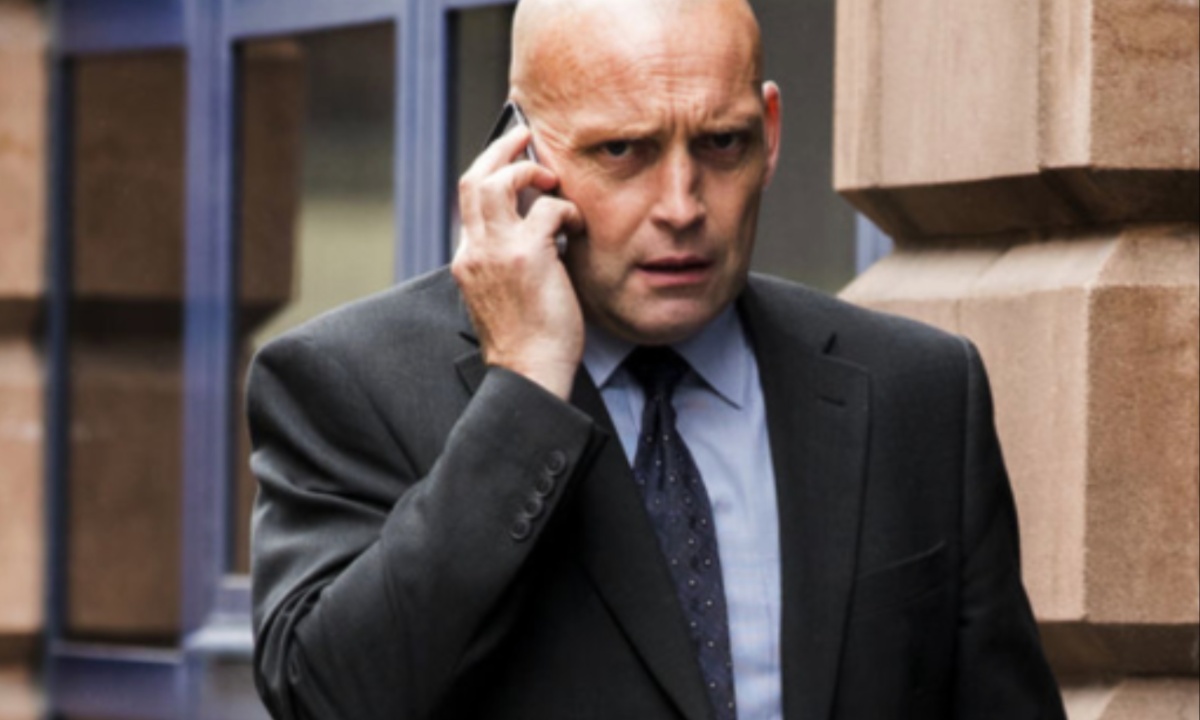In a tribunal, it was revealed that former detective Darren Ellis wrongly accused solicitor Niall Murphy, who represents journalists in an unlawful police surveillance case, of attempting to buy a firearm. The allegation was based on a WhatsApp message discovered on a journalist’s phone, which Ellis interpreted as an attempt to acquire a weapon.
However, the message was a joke, containing an image of a spanner, paper clips, and sea shells, playing on the phrasing of a 9mm firearm. This led to accusations that Ellis’s claims were baseless and exaggerated.
The Investigatory Powers Tribunal is investigating whether the Police Service of Northern Ireland (PSNI), Durham Constabulary, and the Metropolitan Police unlawfully spied on journalists Trevor Birney and Barry McCaffrey.
The two journalists were arrested in 2018 for allegedly exposing police collusion in paramilitary killings in Loughinisland in 1994. The arrest was part of an effort to identify a confidential source used for a documentary they were producing. Darren Ellis played a significant role in this investigation, leading to allegations of misconduct.

During the tribunal, it was revealed that Ellis had previously asked the Law Society of Northern Ireland to investigate Murphy’s law firm, KRW, in an unrelated matter but was frustrated when the regulator did not act.
His current allegations about firearms were based on a joke message found during the police’s seizure of the journalists’ phones. Murphy’s defense argued that Ellis could not have reasonably believed the WhatsApp message was a serious attempt to acquire a gun, questioning Ellis’s credibility and judgment.
The tribunal also explored claims that the police had unlawfully accessed privileged communications between the journalists and their lawyer, Murphy.
It was argued that the investigation into McCaffrey and Birney appeared to involve an inappropriate level of scrutiny of legally protected material, raising concerns about the police’s conduct. The tribunal heard that Ellis might have seen the text of the WhatsApp message without the accompanying image, leading to further questions about his investigation methods.
Additionally, Ellis’s attitude towards the judiciary was scrutinized after it was revealed he had criticized Northern Ireland’s lord chief justice, Declan Morgan, for ruling that the journalists’ arrests were unlawful. Ellis also blamed Catholic judges for what he perceived as biased rulings.
His behavior and comments were described as deeply disturbing by Stephen Toal KC, representing Birney, who argued that Ellis viewed the journalists as politically motivated enemies of the police. Toal concluded that for press freedom to prevail, the police would need to lose the case.


